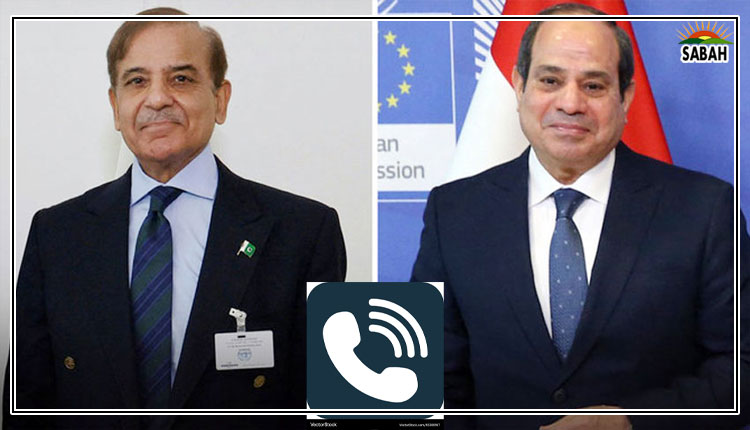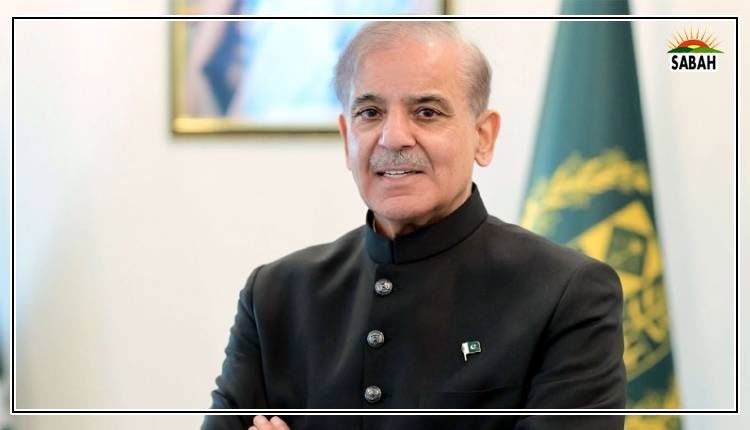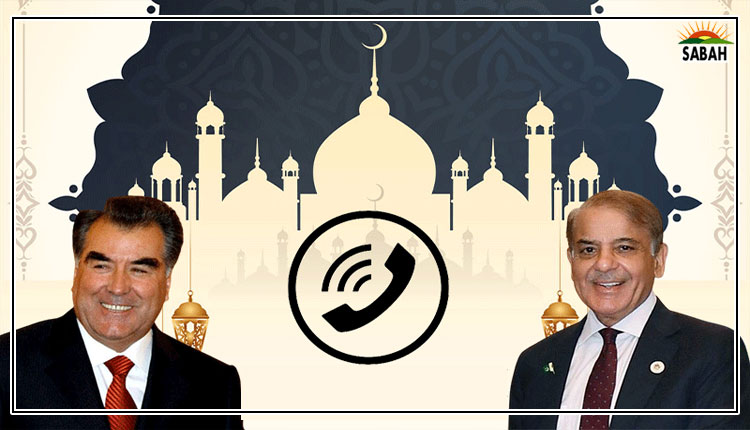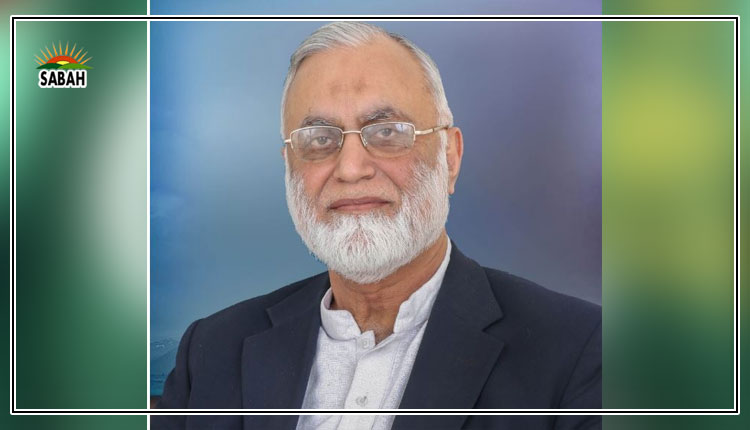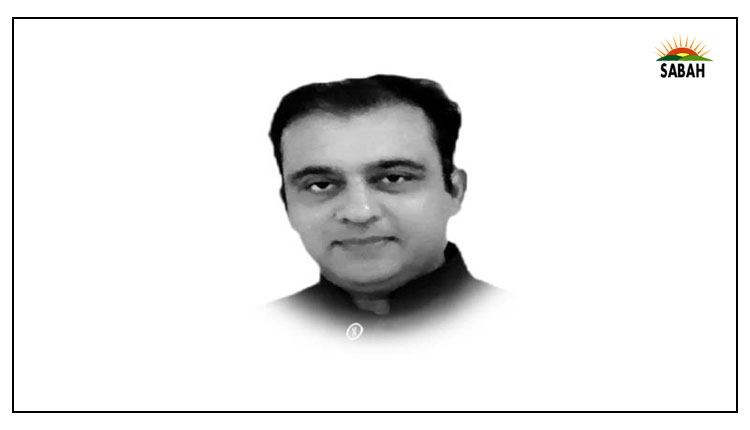China’s loud and clear message for Pakistan ….. Kamran Yousaf
China has its own way of conducting diplomacy. It seldom embarrasses friends in public. No matter the gravity of the situation, Beijing’s preferred method has often been working behind the scenes. Islamabad and Beijing have a long standing strategic relationship. China has always stood with Pakistan from economic crisis to troubled ties with India and so on. Under the BRI, China has pumped billions of dollars of investment into Pakistan. Publically, both countries always speak highly of their time-tested “iron brother” relationship.
But far from the positive public messaging, there are underlying issues which are hampering their bilateral relationship. The recent visit of Prime Minister Shehbaz Sharif, who was also accompanied by Army Chief General Asim Munir, had everything — he attended a business forum and met the Chinese leadership, including the President and the Prime Minister. The joint statement painted a rosy picture of their relationship and the “upgraded version” of CPEC. What was, however, noticeable, was the slight change of language in the joint statement. It is a ritual that every new Prime Minister undertakes a visit to China. After the July 2018 elections, then Prime Minister Imran Khan visited Beijing. When he was removed through a VOCN in April 2022, his successor Shehbaz Sharif did not wait too long before traveling to China. Even caretaker Prime Minister Anwaar-ul-Haq felt it necessary to do the same. After the Feb 8 elections, Shehbaz undertook a trip to Beijing earlier this month. In the statements issued after the 2018 and 2022 visits, China stressed that the relationship with Pakistan was its “highest priority”. But in the joint statements issued after Kakar’s visit and Shehbaz’s recent trip, the word “highest” was omitted. Since China is always very cautious in conducting diplomacy, it cannot be called an insignificant development.
While there was still enough in the joint statement for the Pakistani government to project the visit as success, the follow-up visit of a key Chinese minister gave us rare insight into how Beijing views Islamabad now.
Liu Jianchao, Minister of the International Department of the Central Committee of the Communist Party of China (IDCPC), undertook a three-day trip to Pakistan. He co-chaired the meeting of Pakistan-China Joint Consultative Mechanism with Deputy Prime Minister and Foreign Minister Ishaq Dar.
A graduate from Oxford University, Jianchao, unlike most Chinese leaders, is fluent in English. In his speech delivered in front of the representatives of all political parties, the Chinese minister made some key observations. Jianchao, considered close to President Xi, was more frank about the relationship with Pakistan.
China is believed to have been privately raising concerns about two major issues — political instability and security — with Pakistan. The Chinese Minister for the first time brought those two problems to the public. He called for political unity to tackle problems and at the same stressed the need for building political consensus on CPEC. This despite the fact that Ishaq Dar earlier stated that all political parties were on the same page when it came to CPEC.
The highlight of his speech, though, was his statement which many observers see as a warning on the security environment in Pakistan.
“We need to improve security and the business environment. Security threats are the main hazards disturbing CPEC cooperation,” he remarked. “As people often say, confidence is more precious than gold. In the case of Pakistan, the primary factor shaking the confidence of Chinese investors is the security situation. Without security, the business environment, the security of the country, cannot really improve, which may in turn undermine the development in the long run,” he added.
This is perhaps for the first time any Chinese leader spoke publicly and frankly about the dangers of the security situation undermining Pakistan-China cooperation. The message is loud and clear for Pakistan!
Courtesy Express Tribune


